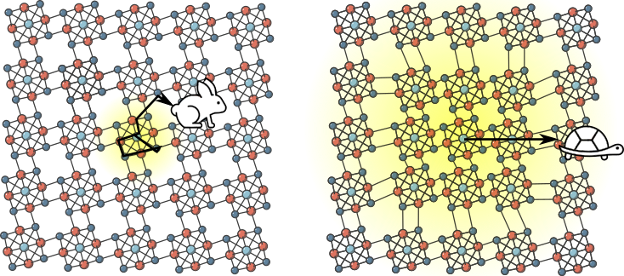
University of Sussex researchers have developed a more energy-efficient alternative to transmit data that could potentially replace Bluetooth in mobile phones and other tech devices. With more and more of us owning smart phones and wearable tech, researchers at the University of Sussex have found a more efficient way of connecting our devices and improving battery life. Applied to wearable devices, it could even see us unlocking doors by touch or exchanging phone numbers by shaking hands.
Professor Robert Prance and Professor Daniel Roggen, of the University of Sussex, have developed the use of electric waves, rather than electromagnetic waves, for a low-power way to transmit data at close range, while maintaining the high throughput needed for multimedia applications.
Bluetooth...
Read More








Recent Comments